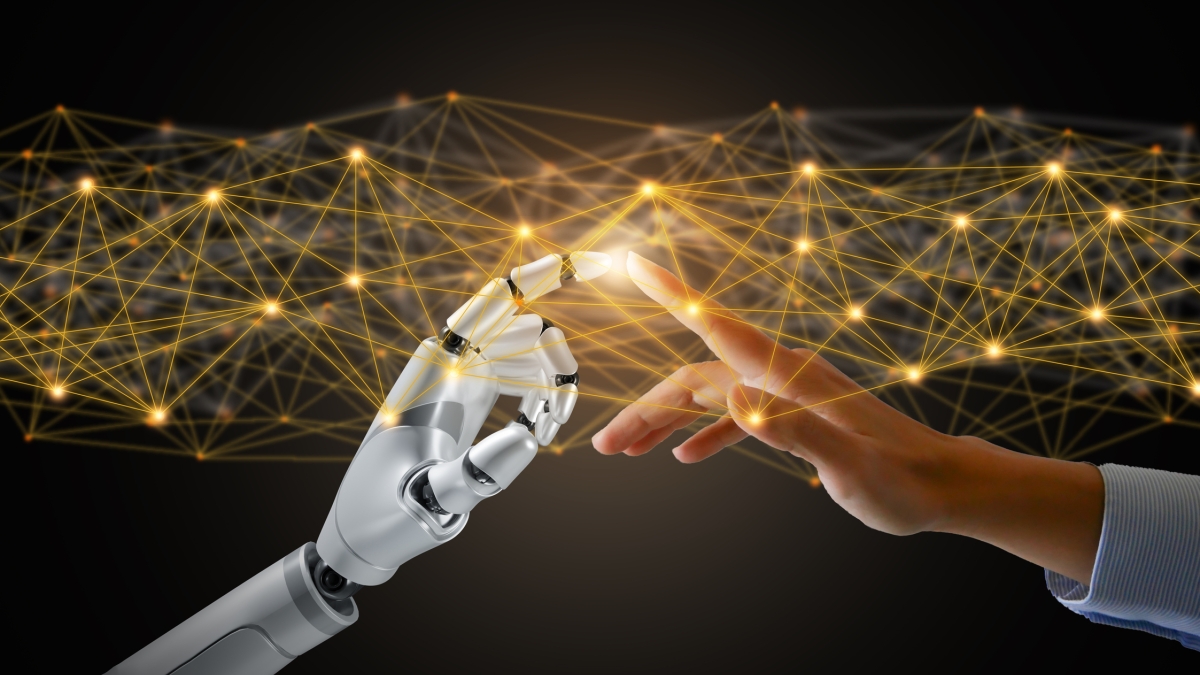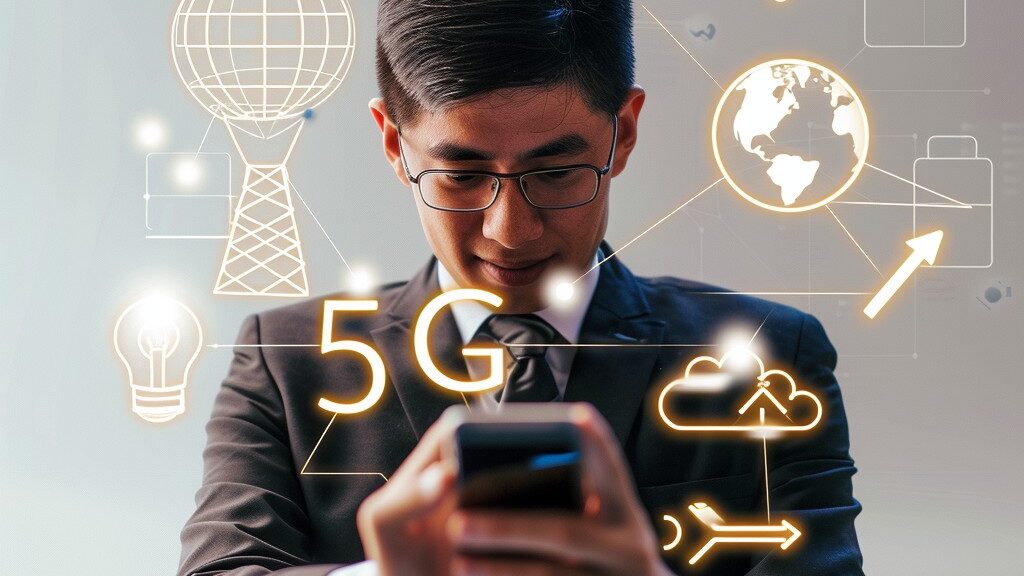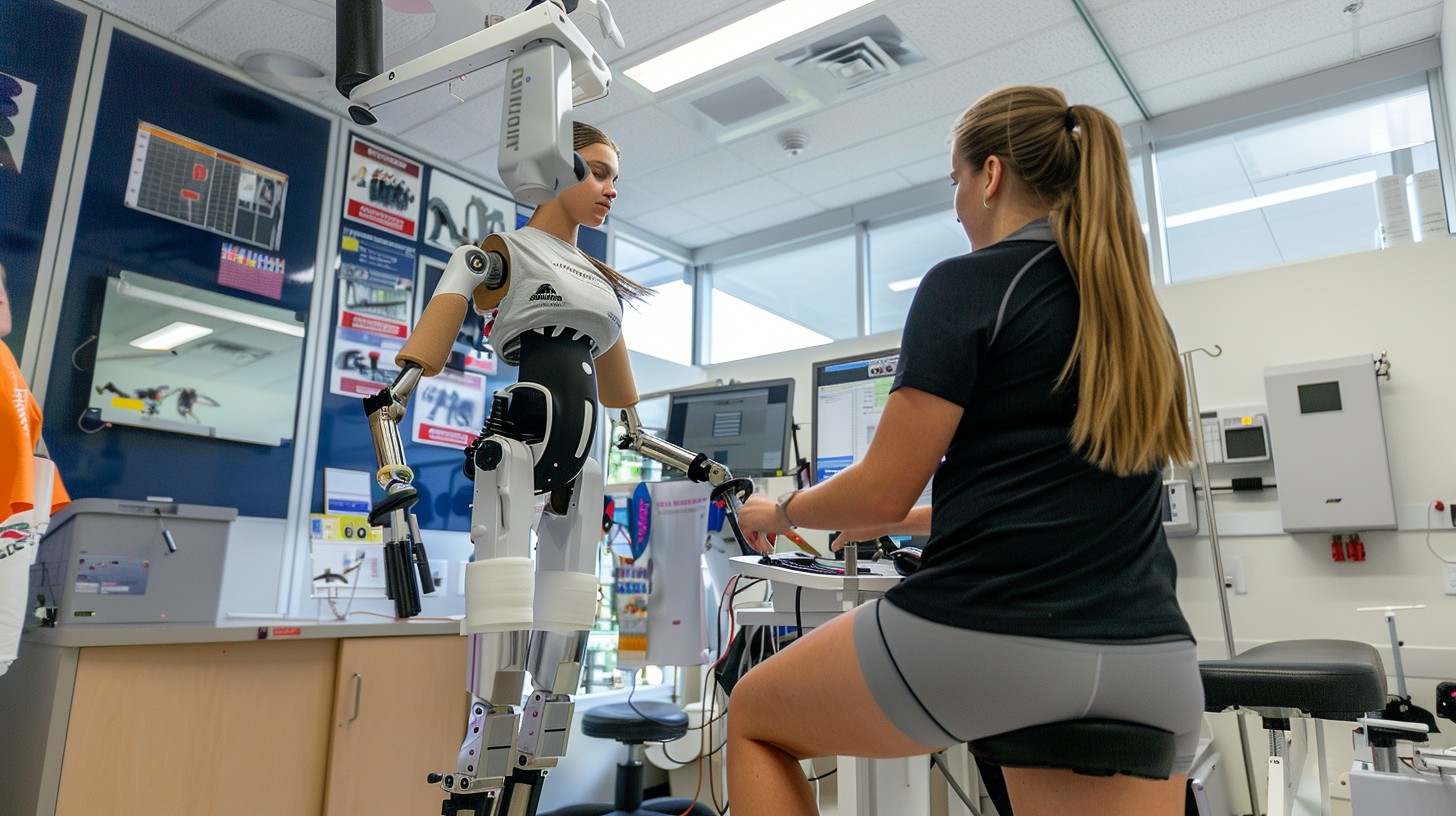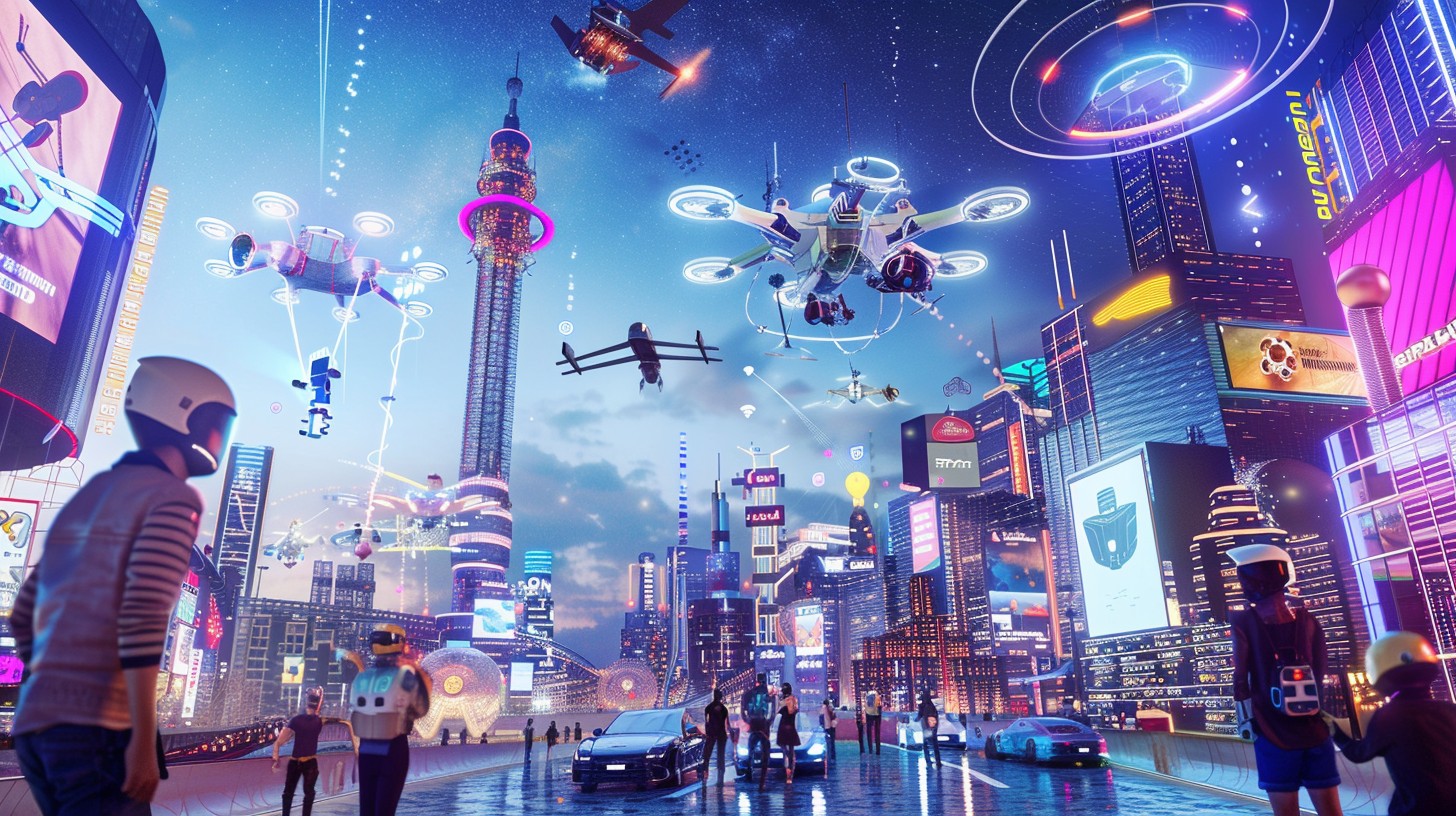How Artificial Intelligence (AI) May Influence Our Beliefs
In an increasingly digital world, artificial intelligence (AI) has become an integral part of our daily lives, from personal assistants like Siri and Alexa to recommendation systems on social media platforms. But as AI’s reach grows, so do concerns about its potential to shape, manipulate, or even distort public opinion. A recent study has shed light on one particularly unsettling possibility: AI could change the way people believe in conspiracy theories.
The Role of AI in Shaping Public Perception
The study, conducted by researchers in the field of psychology and cognitive science, found that AI can be used to influence and even alter individuals’ belief in conspiracy theories. By analyzing data on how people engage with content online, artificial intelligence systems can tailor information in a way that subtly reinforces or undermines certain beliefs, including those related to conspiracies.
At the core of this phenomenon is how artificial intelligence-driven algorithms curate information for users. Social media platforms, search engines, and news aggregators use artificial intelligence to personalize content, often presenting information that aligns with a user’s existing views. While this personalization enhances user experience, it can also create “echo chambers where individuals are repeatedly exposed to a narrow range of perspectives, reinforcing their beliefs over time.
AI’s Impact on Conspiracy Theories
Conspiracy theories thrive on uncertainty, mistrust, and the human tendency to seek patterns where none may exist. In recent years, we’ve seen a surge in such theories, especially surrounding major events like the COVID-19 pandemic, elections, and climate change. The study’s findings indicate that AI, through its ability to manipulate the flow of information, could make these theories even more pervasive.
One of the primary concerns highlighted by the study is that artificial intelligence doesn’t merely reflect our interests and biases but can amplify them. For instance, if someone starts engaging with content related to a particular conspiracy theory, artificial intelligence algorithms could feed them more of the same, leading to deeper immersion and belief in that theory. Conversely, artificial intelligence can also be employed to present debunking information, countering conspiratorial beliefs and promoting more accurate understandings.
The Mechanisms Behind AI’s Influence
So, how exactly does AI change people’s beliefs? There are several mechanisms at play:
- Content Personalization: Artificial intelligence algorithms can deliver news articles, videos, or social media posts that align with a user’s previous engagement patterns. If someone frequently reads conspiracy-related content, the AI may recommend more of the same, reinforcing those ideas.
- Echo Chambers and Filter Bubbles: artificial intelligence -driven platforms tend to isolate users into digital bubbles where they’re primarily exposed to views that align with their own. This reduces the chances of encountering counter-narratives that could challenge a conspiracy theory.
- Manipulation of Emotions: Many conspiracy theories rely on emotional engagement—fear, anger, or distrust. AI can identify and exploit these emotions by delivering content that triggers emotional responses, making it harder for people to think critically about the information they’re consuming.
- Misinformation Spread: Artificial intelligence systems can unwittingly spread misinformation or conspiracy theories by not distinguishing between reliable sources and dubious ones. When an artificial intelligence prioritizes engagement, it may amplify sensationalist or conspiratorial content simply because it garners more attention.
The Ethical Dilemma
While the potential for artificial intelligence to influence belief in conspiracy theories is alarming, it also raises important ethical questions. Should artificial intelligence be regulated more tightly to prevent the spread of harmful misinformation? How can we ensure that artificial intelligence serves the public good rather than undermines trust in institutions and facts?
Some argue that artificial intelligence should be better programmed to identify and counter conspiracy theories, but this raises concerns about censorship and freedom of expression. Others suggest more transparency in how algorithms operate, allowing users to better understand why they’re being shown certain content.
The Road Ahead
The implications of this study are far-reaching. As artificial intelligence continues to evolve and shape our digital experiences, it’s crucial for policymakers, tech companies, and the general public to be aware of its potential to influence not just what we think, but how we think. While artificial intelligence offers incredible benefits in many areas, it’s clear that it also carries risks—particularly when it comes to conspiracy theories and the erosion of trust in factual information.
To combat this, a multi-faceted approach is needed: improved digital literacy among users, ethical artificial intelligence development that prioritizes accuracy over engagement, and perhaps even greater regulation of how artificial intelligence operates in public discourse. Only by addressing these challenges head-on can we hope to mitigate the impact of artificial intelligence on the spread of conspiracy theories.
Conclusion
AI’s influence on belief in conspiracy theories, as revealed by this study, is a stark reminder of the double-edged sword that technology presents. While it can be a tool for education, convenience, and connection, it also has the potential to distort reality. As artificial intelligence becomes more advanced, understanding its effects on our beliefs and behaviors will be essential to navigating the digital age responsibly.



